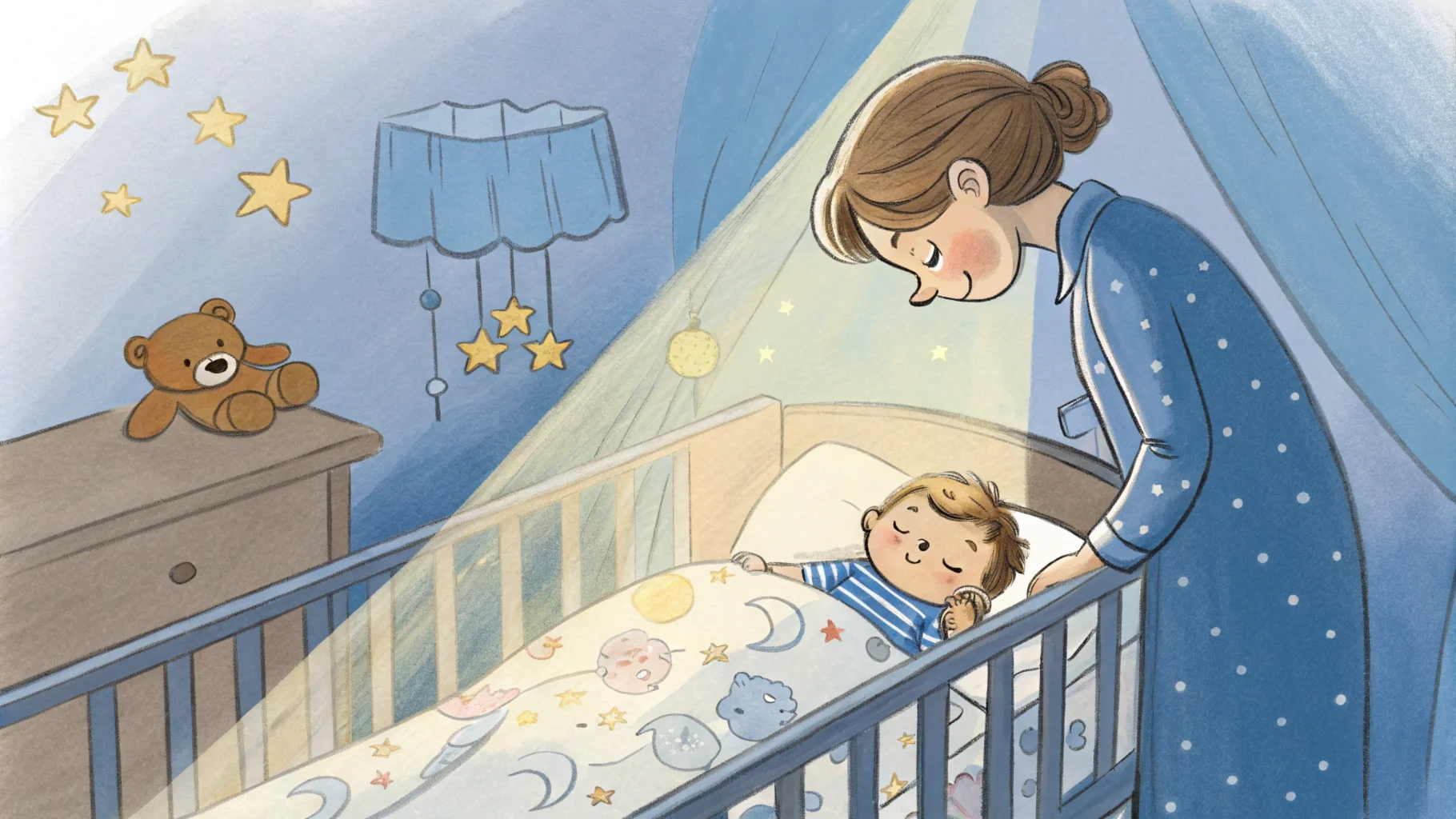The Bedtime Battle: A Story Every Parent Knows
Let me be real with you – if you’re reading this, you’re probably running on cold coffee, dry shampoo, and pure parental determination. I’ve been there, standing in my dimly lit Seattle kitchen at 11 PM, wondering if my toddler has some secret superhuman ability to resist sleep with the intensity of a caffeine-fueled startup entrepreneur.
Our mom group started as a sanity-saving lifeline. What began as desperate coffee meetups turned into a collective brain trust of sleep strategies that have saved countless households from total meltdown (and I’m talking about the parents’ meltdowns, not just the kids’).
Understanding the Toddler Sleep Resistance Phenomenon
Before we dive into our magic tricks, let’s get one thing straight: sleep resistance is totally normal. Your 2-year-old isn’t trying to torture you (even if it feels that way). They’re experiencing a massive world of independence, curiosity, and boundary-testing – and bedtime is their prime negotiation arena.
Why Toddlers Fight Sleep
Understanding the “why” behind sleep resistance can be a game-changer:
- They’re developing a sense of control
- Fear of missing out (FOMO) is REAL
- Separation anxiety peaks around this age
- Overstimulation from daily activities
- Emerging imagination and nighttime fears
15 Genius Sleep Tricks That Actually Work
1. The Predictable Routine Magic ✨
Toddlers are like tiny lawyers – they LOVE predictability. Our group discovered that a consistent bedtime routine is your secret weapon.
Pro Tip: Create a visual routine chart with pictures. My friend Sarah made one that looks like a superhero bedtime mission, and her son eats it up!
Sample Routine:
- 6:30 PM: Dinner
- 7:00 PM: Bath time
- 7:30 PM: Pajamas and storytime
- 8:00 PM: Lights out
2. The Comfort Object Strategy
Every toddler has that ONE thing that makes them feel safe. For my son, it was a ratty blue elephant named “Bumpy” that looked like it had survived several wash cycles and a small war.
Parenting Hack: Have a backup comfort object. Trust me on this one.
3. White Noise: Your Silent Superhero
Background noise isn’t just for babies. Many of our moms swear by white noise machines or apps that create a consistent, soothing sound environment.
Sound Recommendations:
- Rain sounds
- Soft ocean waves
- Gentle fan noise
- Forest ambiance
4. The Gradual Retreat Method
This is a game-changer for separation anxiety. Start by sitting next to the bed, then gradually move further away each night until you’re out of the room.
Step-by-Step:
- Sit right next to the bed
- Move to the middle of the room
- Sit near the door
- Eventually, just a quick goodnight
5. Magical Bedtime Stories

Not just any stories – interactive, calming narratives that wind down their energy.
Story Selection Tips:
- Choose calm themes
- Use soft, soothing voices
- Avoid exciting plot lines
- Consider repetitive, predictable stories
6. Temperature and Comfort Control
Believe it or not, room temperature matters A LOT.
Ideal Sleep Temperature: Between 68-72°F (20-22°C)
- Use breathable pajamas
- Layer with light blankets
- Consider a sleep sack for consistent warmth
7. Limit Screen Time
The blue light from screens is like rocket fuel for toddler brains. Our rule? No screens at least 1 hour before bedtime.
8. Nutrition Matters
What they eat impacts how they sleep:
- Avoid heavy meals close to bedtime
- No sugary snacks after dinner
- Consider sleep-promoting foods like warm milk or banana
9. The Reward Chart Motivation
Sticker charts are like toddler cryptocurrency. Create a simple chart where they earn rewards for good bedtime behavior.
10. Mindful Bedtime Breathing
Sounds crazy, but even 2-year-olds can learn simple breathing techniques.
Quick Breath Exercise:
- Pretend to smell a flower (breathe in)
- Blow out a candle (breathe out)
11. Essential Oils and Calming Scents
Lavender and chamomile can work wonders. Use a diffuser or apply diluted oils.
12. Movement and Physical Tiredness
Ensure they get plenty of physical activity during the day. A tired toddler is a sleepy toddler!
13. Address Nighttime Fears
Validate their feelings. A “monster spray” (water in a spray bottle) can work miracles for imaginary bedtime monsters.
14. Consistent Wake-Up Times
Just as important as bedtime – keep wake-up times consistent, even on weekends.
15. Patience and Flexibility
Some nights will be perfect. Some will be a disaster. Both are okay.
The Real Secret: You’ve Got This, Mama
Sleep training isn’t about perfection. It’s about consistency, love, and understanding that this phase is temporary. You’re doing an amazing job, even on the nights when it doesn’t feel like it.
A Parenting Wisdom Nugget
“The days are long, but the years are short. Breathe, love, and remember – this too shall pass.”
Join a local parent group, share your experiences, and never be afraid to ask for help. Parenting is a team sport, and you’re not alone in this journey!
Sweet dreams to you and your little one 🌙✨


